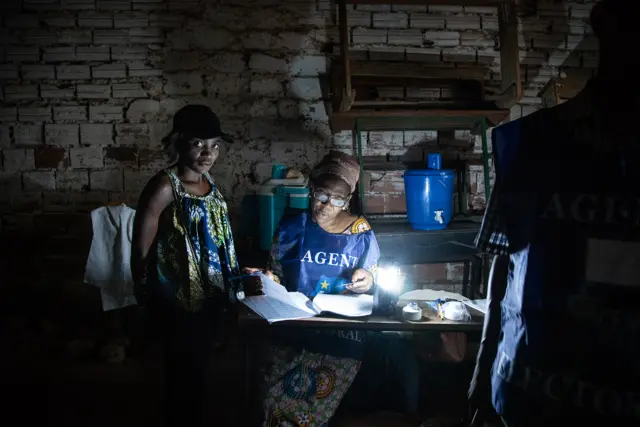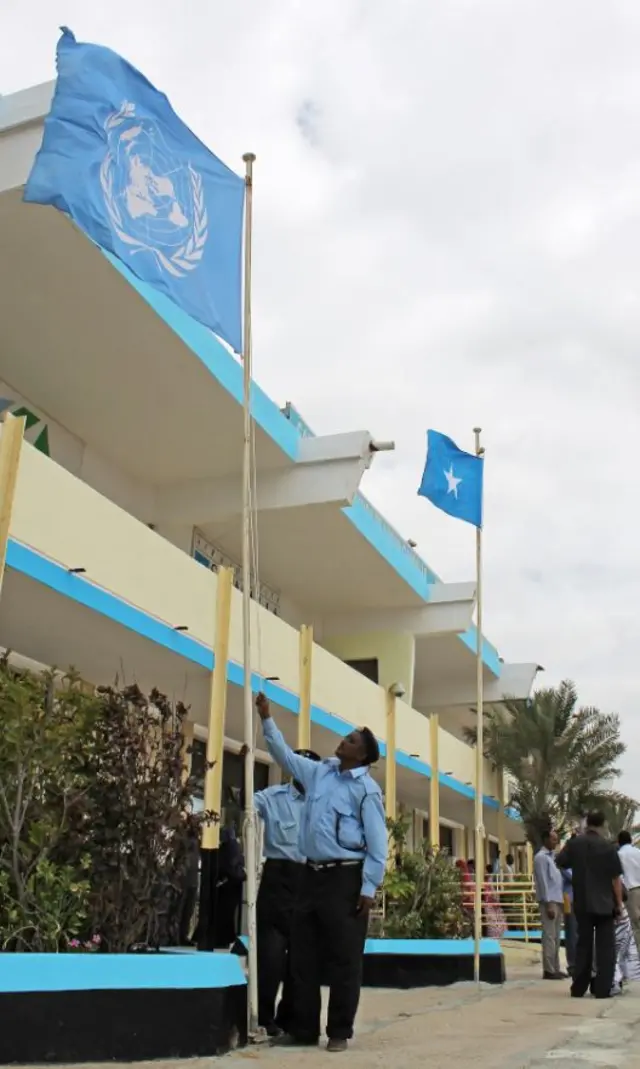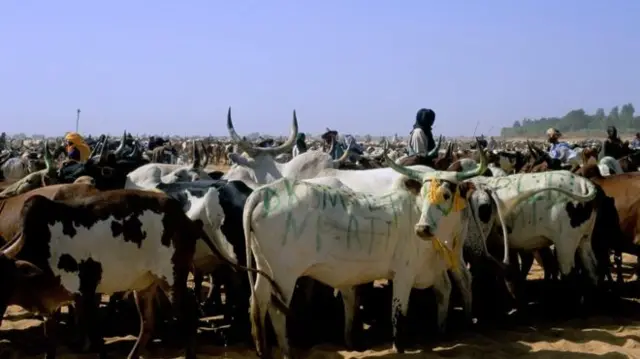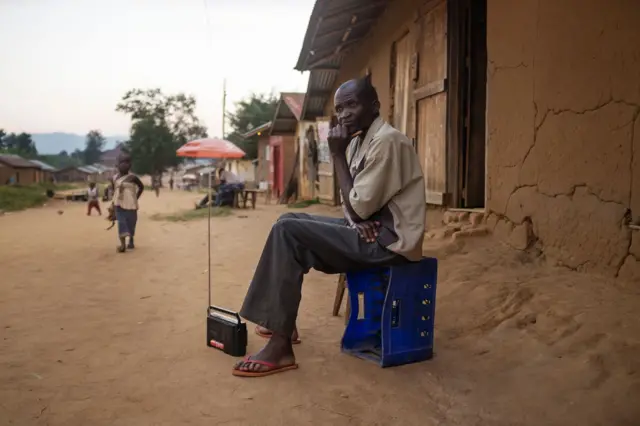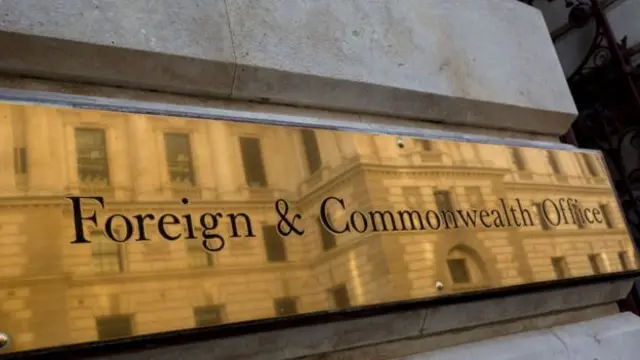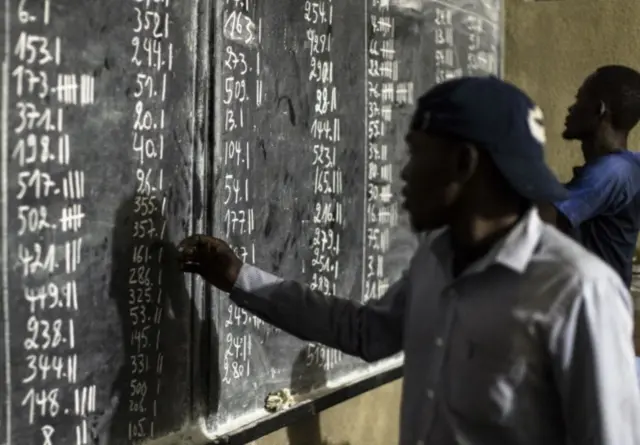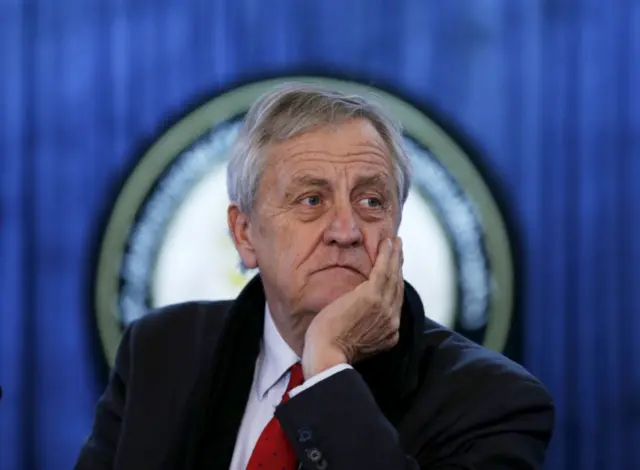In pictures: World's rarest birdpublished at 15:41 GMT 2 January 2019
The rarest bird in the world - a species of duck called the Madagascar pochard - has been given a new home in the north of Madagascar.
Here is the latest picture of how the bird is doing:
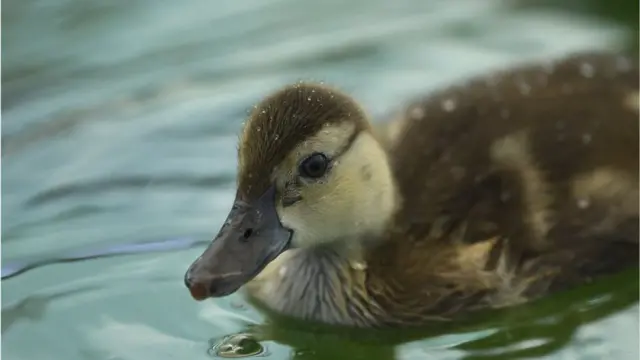 Image source, DURRELL/S. JAMES
Image source, DURRELL/S. JAMESWhen it hadn't been seen for 15 years, the Madagascar pochard was believed to have been wiped out completely. Then a tiny group of the birds was rediscovered in 2006 in one remote lake.
These were the last 25 Madagascar pochards on the planet.
Conservationists rescued a clutch of pochard eggs and raised them in captivity.
They then scoured Madagascar for the best site to bring the captive-bred birds back to the wild, settling on Lake Sofia in the north of the country.
And here is their protected new home:
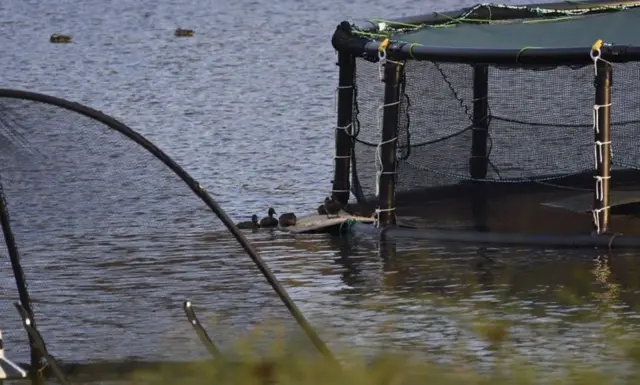 Image source, WWT
Image source, WWT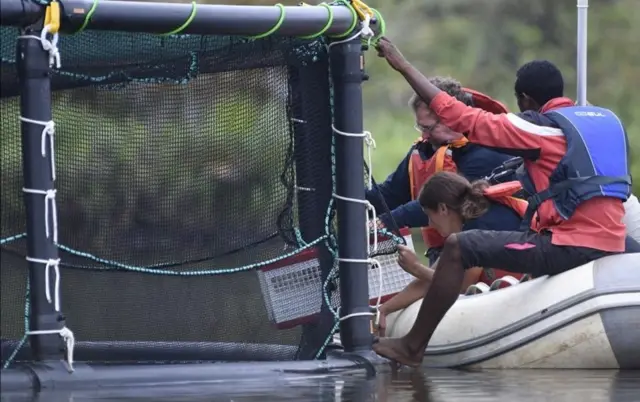 Image source, WWT
Image source, WWT
